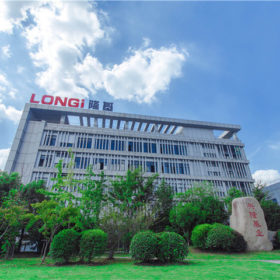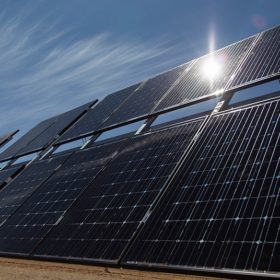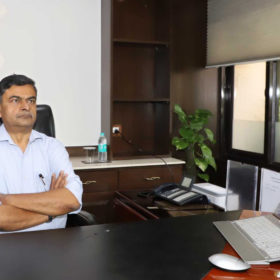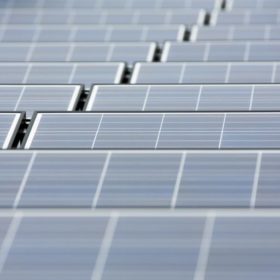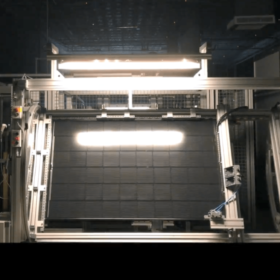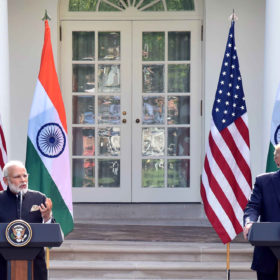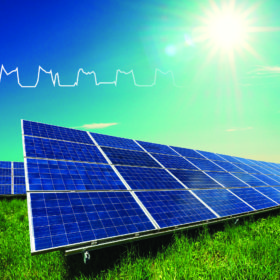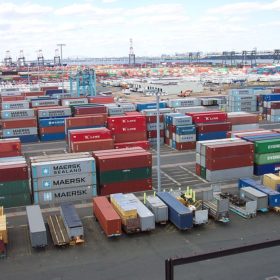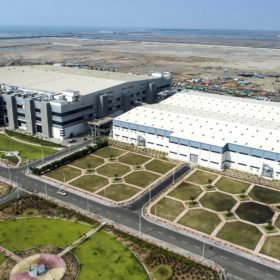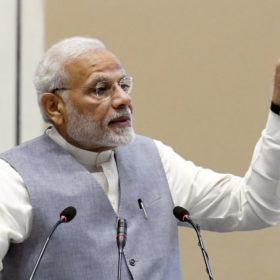Longi to spend $349m on new 5 GW module fab in Taizhou
The world’s number one mono silicon module manufacturer will add another 5 GW to its annual panel production capacity in 2020 as it pursues 16 GW of output this year and 25 GW next year.
Bifacial beats Trump’s tariffs
Federal trade authorities in the U.S. have ruled bifacial solar modules will no longer be subject to the Section 201 ruling which applies a 25% tariff to solar panel imports.
Power minister seeks removal of priority sector lending limit for renewable energy sector
Easy access to finance topped the agenda of the minister’s meeting with various stakeholders, wherein issues related to land acquisition and Goods and Services Tax (GST) were also discussed.
New global sustainability standard for solar modules in the works
Dustin Mulvaney is a solar industry veteran. Associate professor at the Department of Environmental Studies, San José State University, in the United States, he recently published a new book this April, Solar Power, Innovation, Sustainability, Environmental Justice, which looks at creating a “more sustainable and just solar industry for the future.” A part of this is the creation of a new global sustainability module standard. He spoke with pv magazine as part of the launch of our new UP initiative.
Battle of the module reliability rankings
While module makers are attempting to get the best possible scores for their products on third-party tests, third-party testing providers are also offering competing products to rank products. We look at what’s similar and what’s different in the tests.
India’s solar cell exports to USA lose preferential treatment
Having acted against Turkey, the Trump administration has removed India too from the list of nations exempt from import tariffs on solar cells and modules.
India leads the way as PV threatens coal-fired power
Falling PV panel prices led to notable year-on-year falls in the cost of developing solar plants around the world. India led the way with PV projects costing a weighted average of just $793/kW of capacity installed in 2018. Costs in China dipped to $879/kW last year, while solar projects in US and Australia cost $1,500.
Protectionist measures working as Chinese export destinations shift
While the world’s biggest solar manufacturers are confident there are plenty of alternative markets for a rising volume of panel exports, the message spelled out by first-quarter shipment figures is that protectionism works.
Adani Solar eyes 50% market share within 2 years
Chinese solar modules currently meet around 80% of India’s demand. Domestic modules face stiff competition from those imported from China, which cost 10-20% less, even after the imposition of safeguard duties.
India’s solar industry digests the election results
With Narendra Modi’s government stunning pollsters with another huge victory, the solar industry expects renewable power momentum to be maintained with steps including anti-dumping duty on solar module imports, a national policy for rooftop solar and an emphasis on easing private-sector participation in the power sector.
